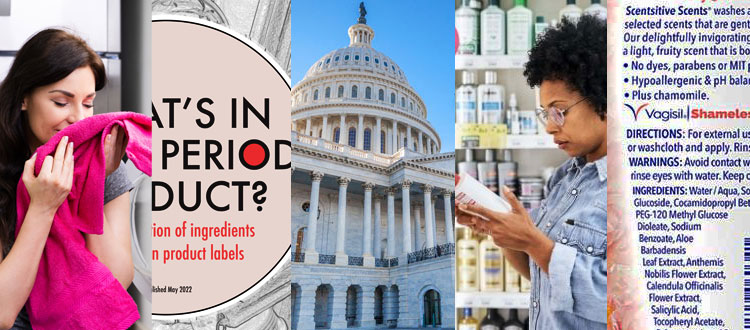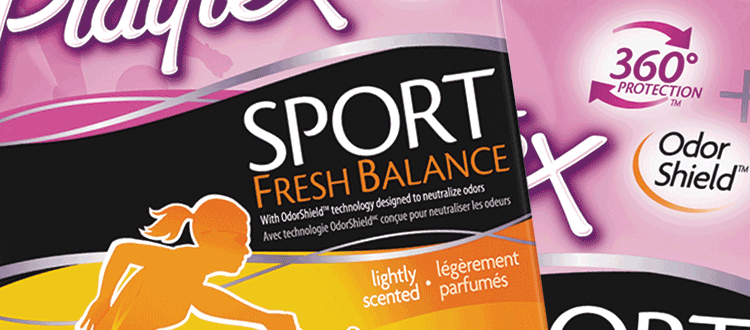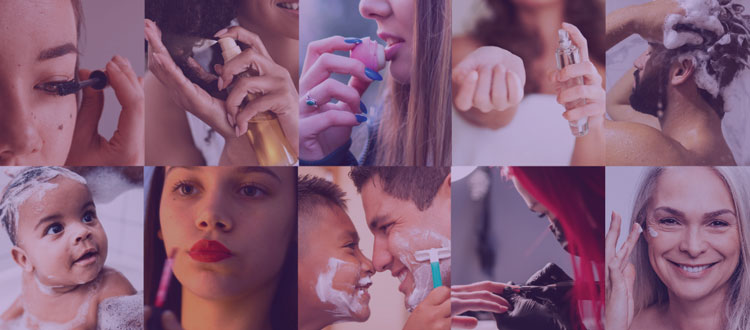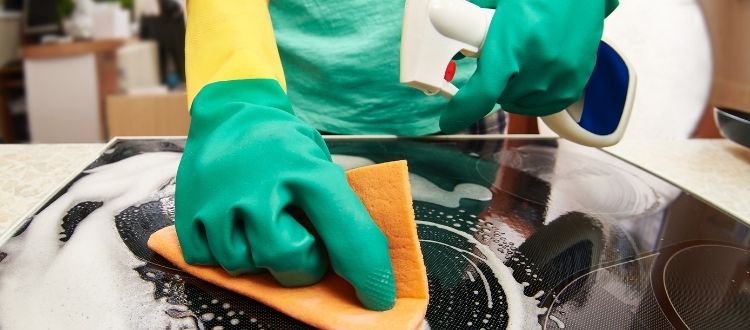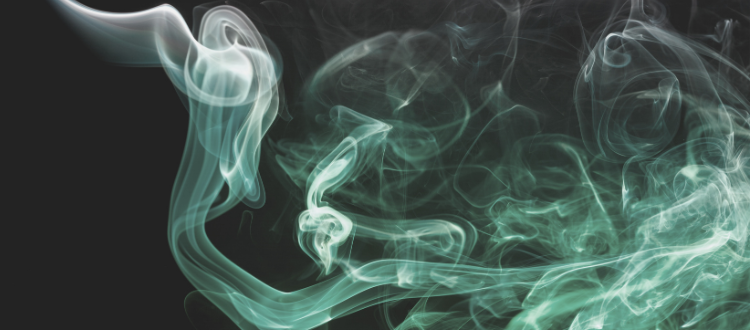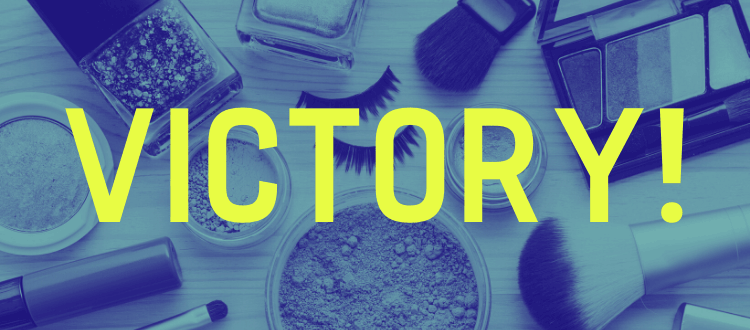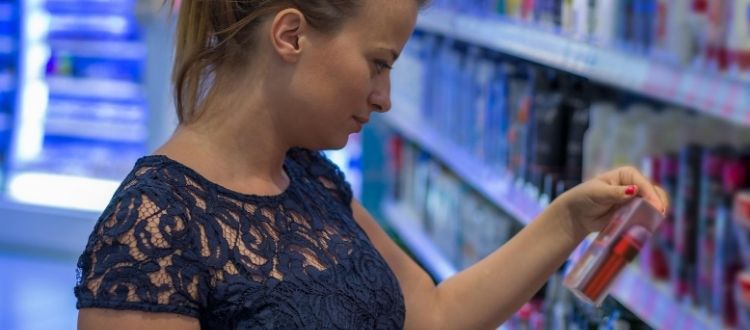Modernization of Cosmetics Regulation Act of 2022: MOCRA Explained
Modernization of Cosmetics Regulation Act of 2022 (MOCRA) is the first time federal cosmetics law has been updated in over 80 years. There are many requirements in the law that move the safety of cosmetics forward and will help advance salon worker health and safety. There are also some requirements that could have been stronger. Learn more!
Recapping Your Most Popular Blog Posts on Toxic Chemicals and Ingredient Safety from 2022
From questions on the safety of ingredients like titanium dioxide and lilial, to product impacts on lactobacilli and healthy vaginal bacteria, nearly 300,000 people visited WVE's Voices Blog for tips, updates and insight into ways you can raise your voice for a toxic-free future!
Are We Seeing the End of Scented Tampons?
Menstrual product manufacturers have mostly stopped manufacturing scented tampons for the U.S. market – including the world’s leading manufacturer of tampons, Procter & Gamble.
Concerned about Olaplex? What is that banned ingredient called Lilial anyway?
While Olaplex is the product currently in the news – it is far from the only problematic product to have contained Lilial. It is fully legal to sell cosmetics, cleaning products and any other fragranced items that contain Lilial despite what we know about its potential impact on fertility.
Antiquated Law Allows Toxic Chemicals in Cosmetics and Puts Health At Risk
The law that currently oversees cosmetics and personal care products is more than 80 years old and is under 3 pages long. There are currently around 10,000 ingredients used in cosmetics. Yet, this 84 billion dollar industry is not required to meet any sort of safety standard for ingredients.
VIDEO: WVE Answers Your Questions on Intimate Care Products
WVE's Director of Science and Research answers some of your most asked questions on period health and intimate care products. Learn more about lubricants, ingredient safety, "odor" technologies and more!
CBI Means Companies Continue to Hide Fragrance Ingredients
What kind of disclosure are we seeing for fragrance ingredients as a result of the Cleaning Product Right to Know Act? And what does "confidential business information" have to do with it?
Fragrance pollution is real – and should no longer get a sweetheart deal
CARB is helping to reduce smog and reduce public exposure to the hazards associated with smog. Fragrances are well known sources of air pollution, but they have always had a sweetheart deal with CARB.
Good News Coming Out of California for Cosmetic Safety
Last week, two bills were signed into law in California that will make cosmetics safer AND increase disclosure of ingredients in fragrance.
Toxic Fragrance and Flavors: The Other Invisible Enemy
For those who are concerned about avoiding products with dangerous fragrance or flavor ingredients, it can be all but impossible to do so because, not only are companies allowed to sell products that contain toxic chemicals, many don't even disclose these ingredients.


